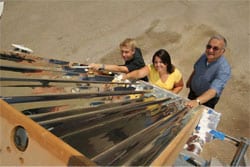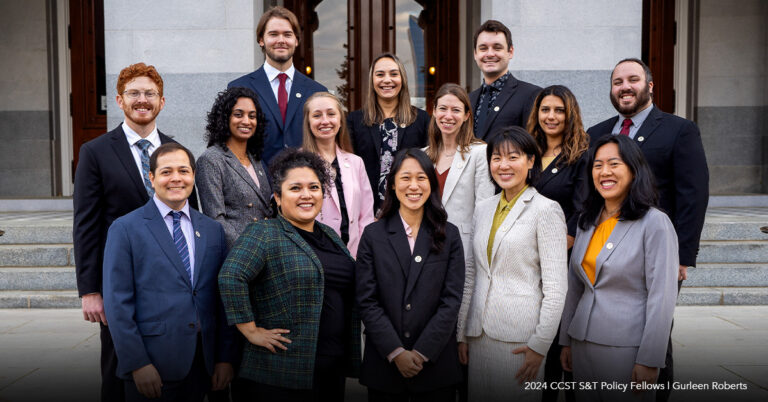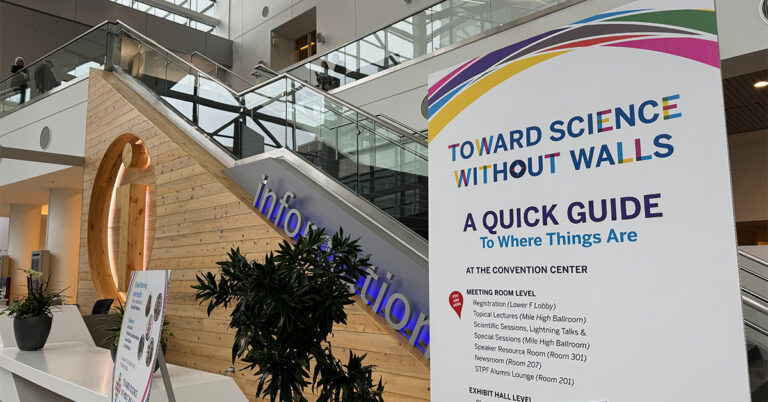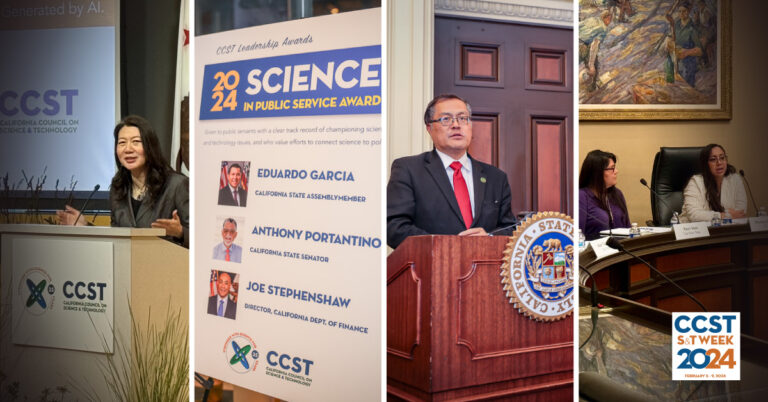Update: Applications for the CCST Science & Technology Policy Fellowship Have Closed
UC’s Newest Campus Embraces Alternative Energy
October 19, 2008 | CCST Newsroom | Contact: M. Daniel DeCillis

UC Merced, in the San Joaquin Valley, is only starting its fourth year of operations, but it has hit the ground running in building collaborations and making a name for itself in energy research.
The University of California Office of the President has made UC Merced the centerpiece of an aggressive energy plan, and the UC Merced Energy Research Institute (UC MERI) is on track to becoming a comprehensive research unit. Currently centered in the School of Engineering, UC MERI research units will address issues concerning energy self sufficiency and sustainability, in areas ranging from solar energy technology, energy efficiency and demand response, climate change, energy economics and energy policy.
“The new UC Merced campus represents a once-in-lifetime opportunity to create a full-scale test-bed for advanced energy management in campus buildings and systems,” said Jeff Wright, Dean of the School of Engineering. “We’ve made environmental performance, energy efficiency, and sustainability a campus-wide theme.”
The Solar Energy Technology (SET) unit of the Institute is currently working on three large solar energy research projects including a $1.3 million dollar research project on the development of medium-temperature solar thermal collectors and a project to initiate the development of a novel cost-effective concentrating photovoltaic system. UC MERI has also succeeded in having the California Solar Energy Research Testing Center to be co-located at UC Merced. Enabled by an anticipated $2 million dollar grant from Pacific Gas and Electric, the Center will eventually provide assessments of all aspects of concentrating solar energy systems.
In addition to the potential offered by brand-new facilities and opportunities for collaboration, UC MERI is also bringing in widely recognized talent in alternative energy research, including faculty such as J. Elliott Campbell, who made a national media splash with a postdoctoral study that concluded that the United States could meet up to 6 percent of its energy needs with biofuels produced on “marginal” agricultural land.
Along with the solar energy technology and smart energy infrastructure units, UC MERI is building an environmental impact and policy unit, which will provide cost-benefit analyses for renewable energy and energy efficiency projects; eventually, an energy business incubator will be developed. It will also implement the world’s first “global energy curriculum,” which will integrate graduate-level education on energy issues and environmental science and policy into the world’s first truly international university curriculum on global energy issues.
“UC MERI will bring multifold institutes to UC Merced,” said Wright. “It’s not often you get to build an institution from the ground up. We’re very fortunate.”






